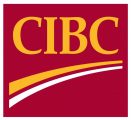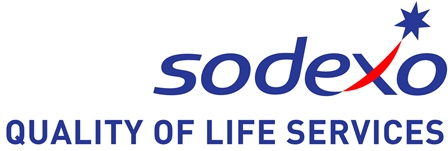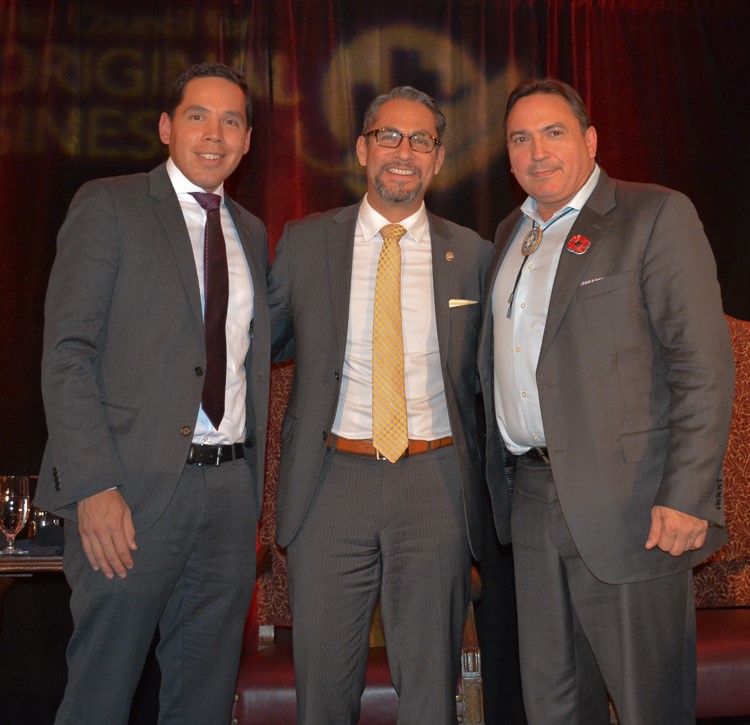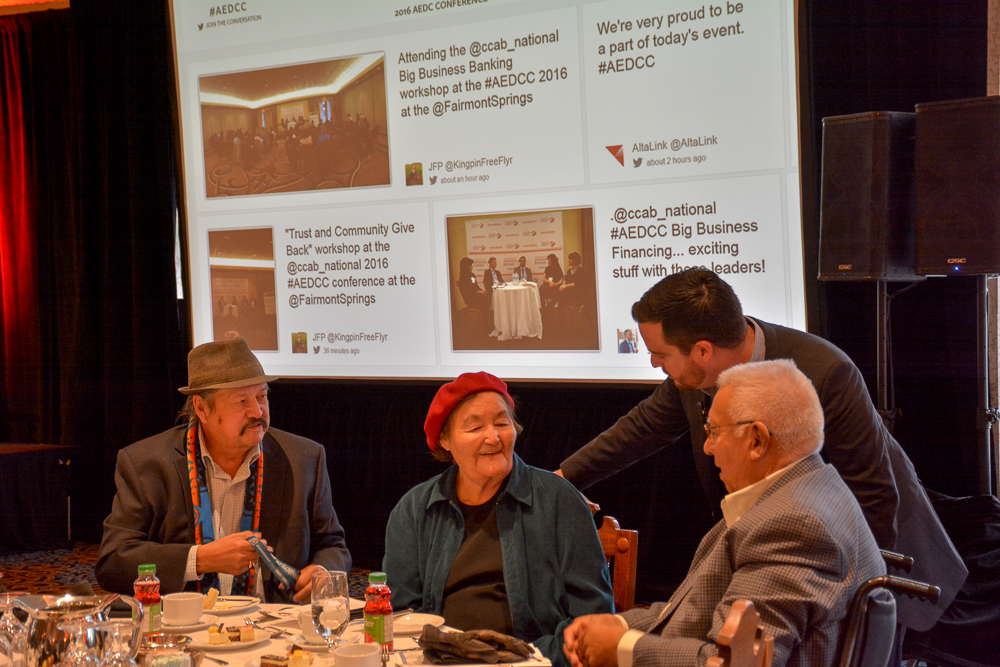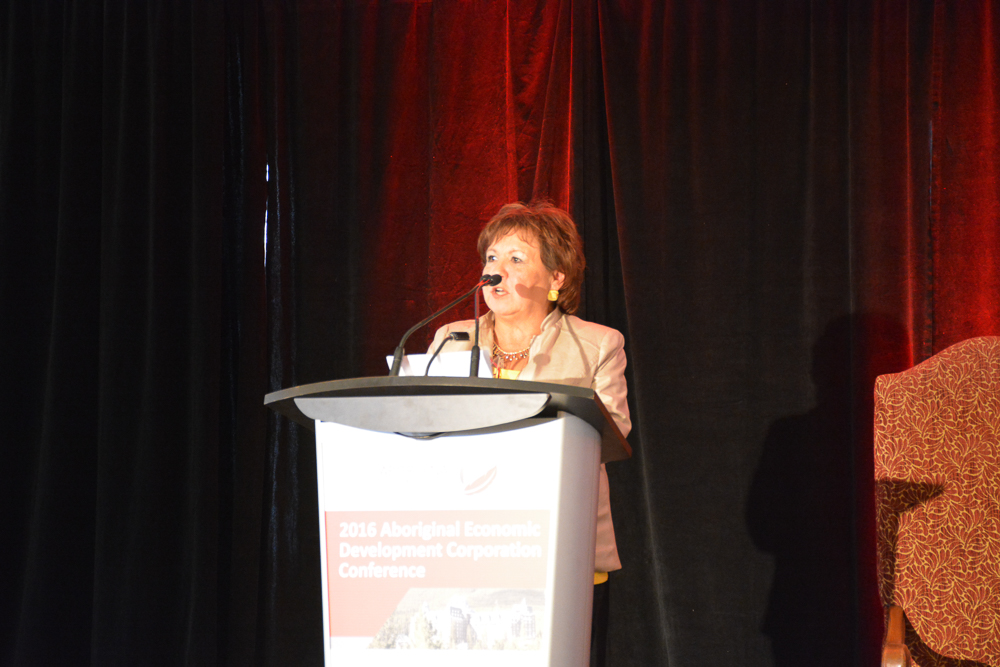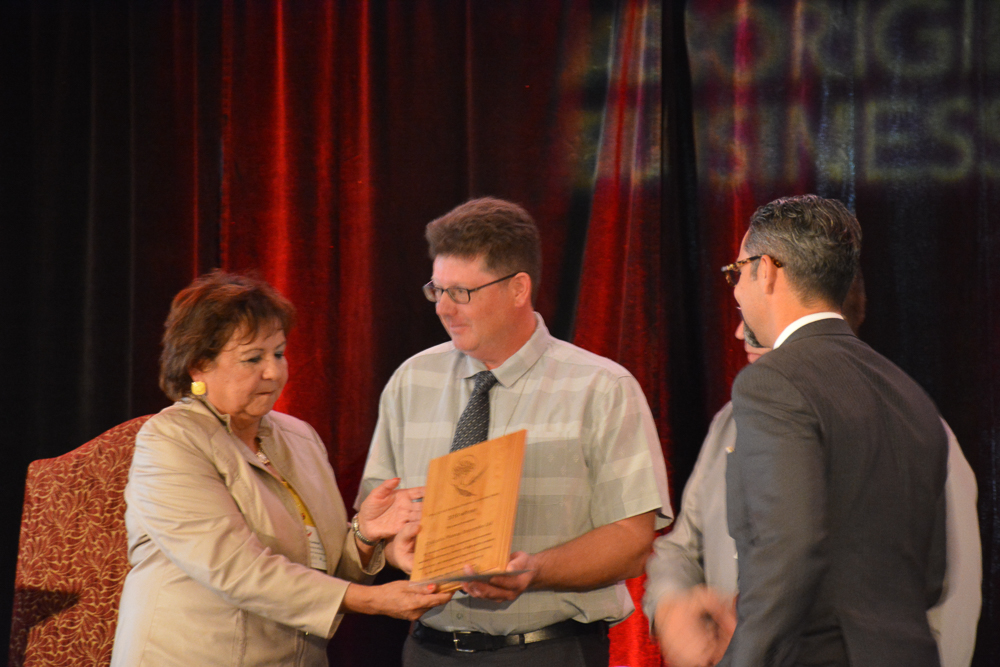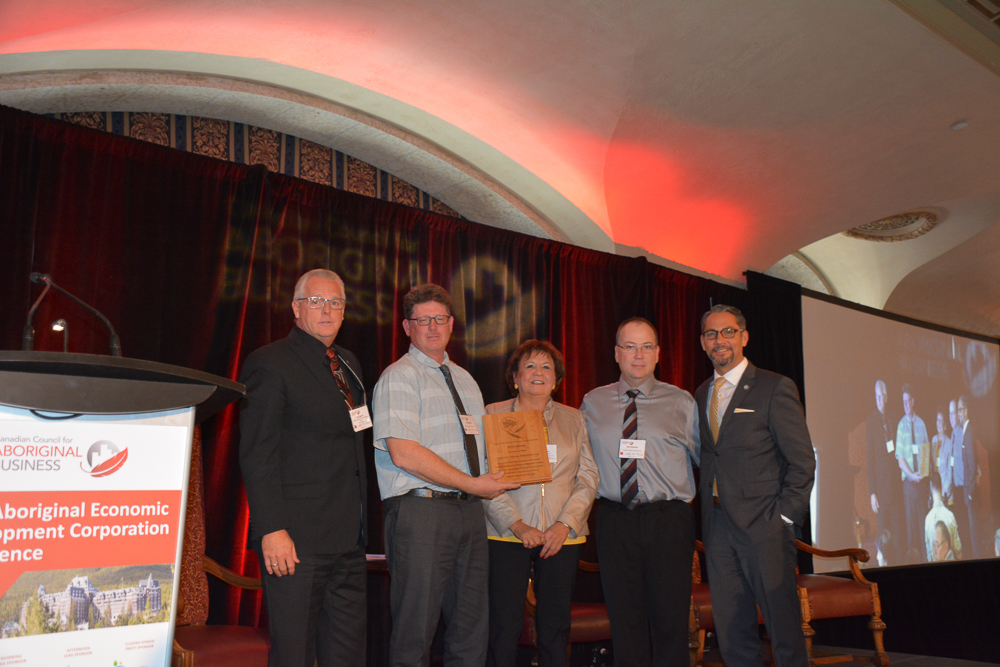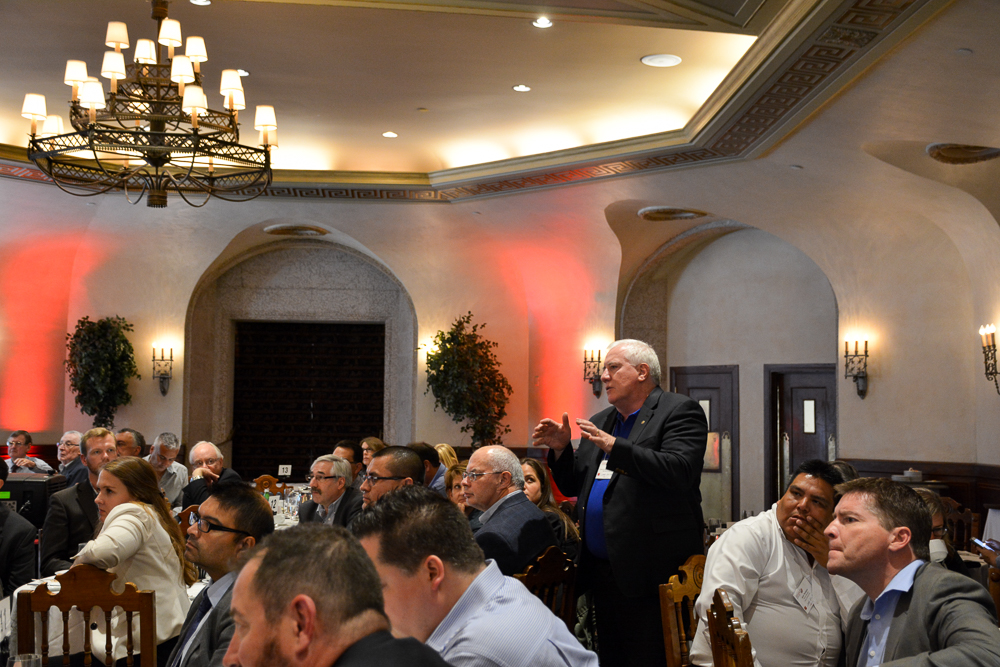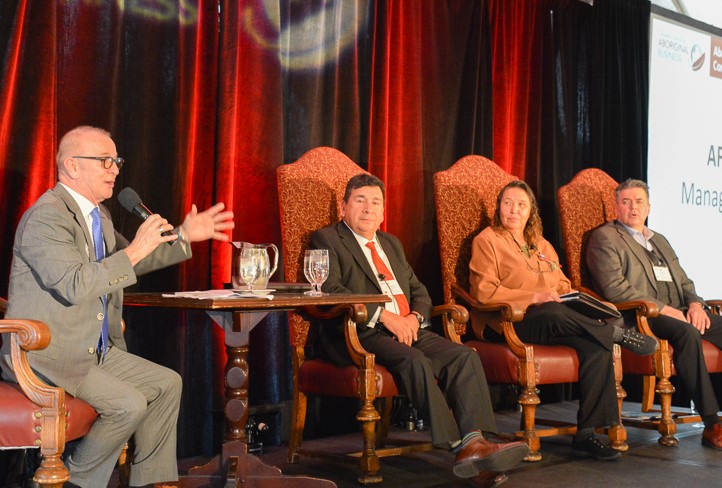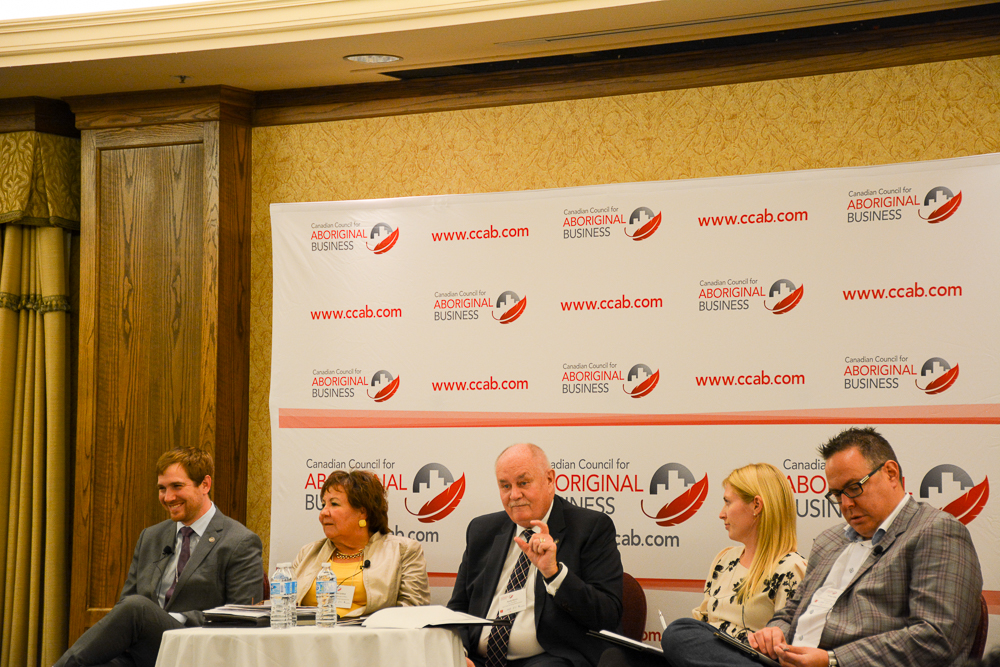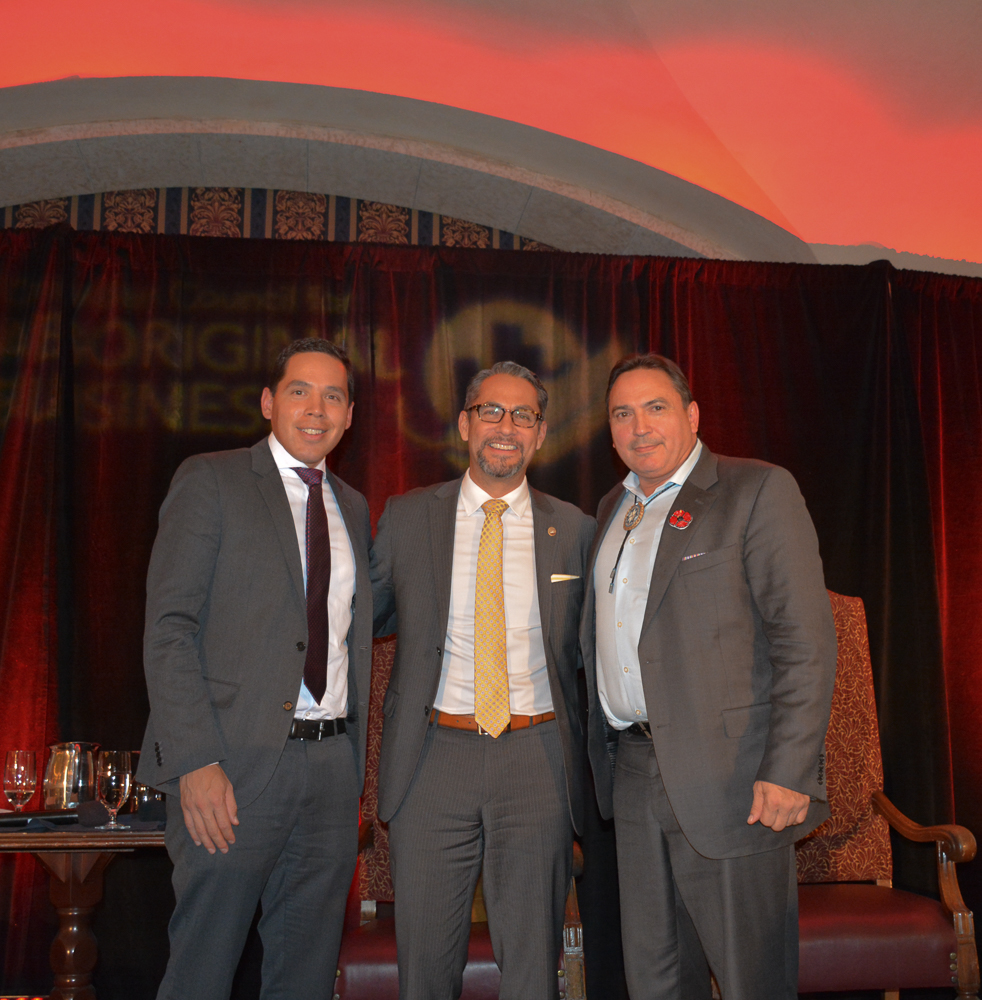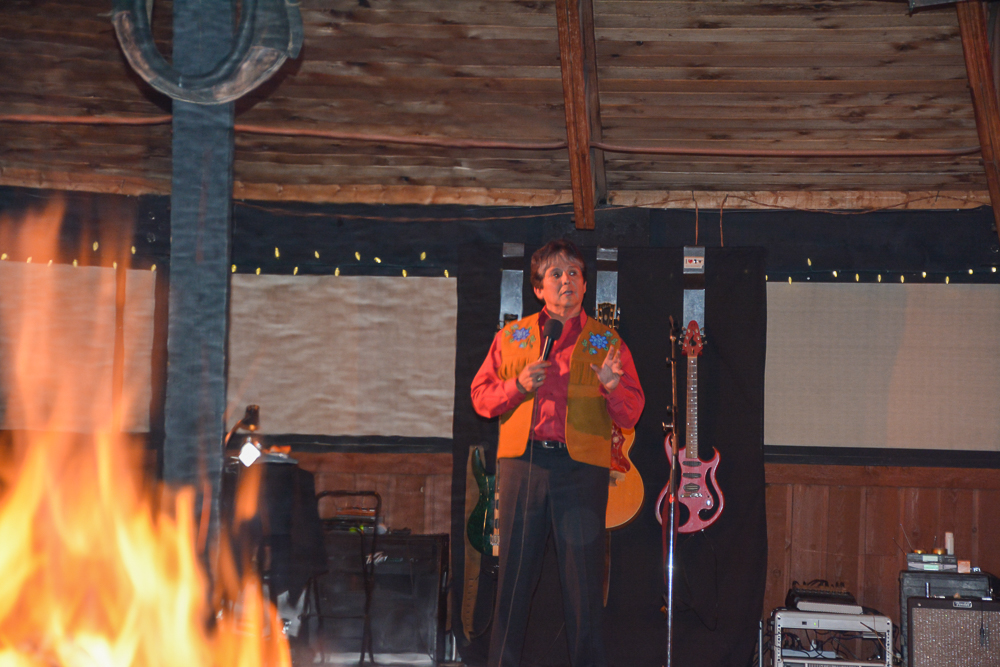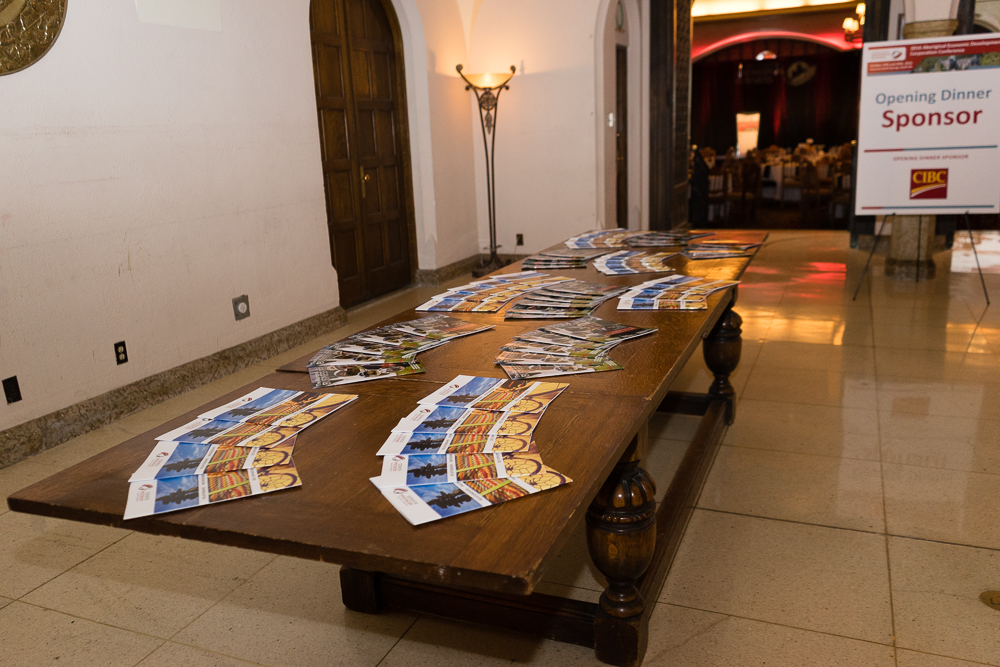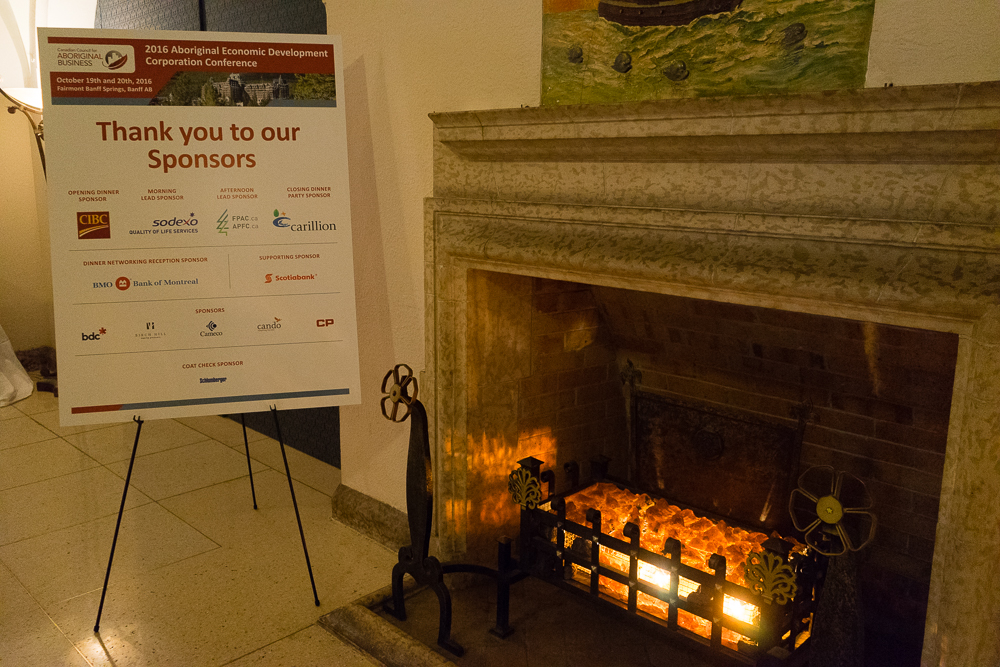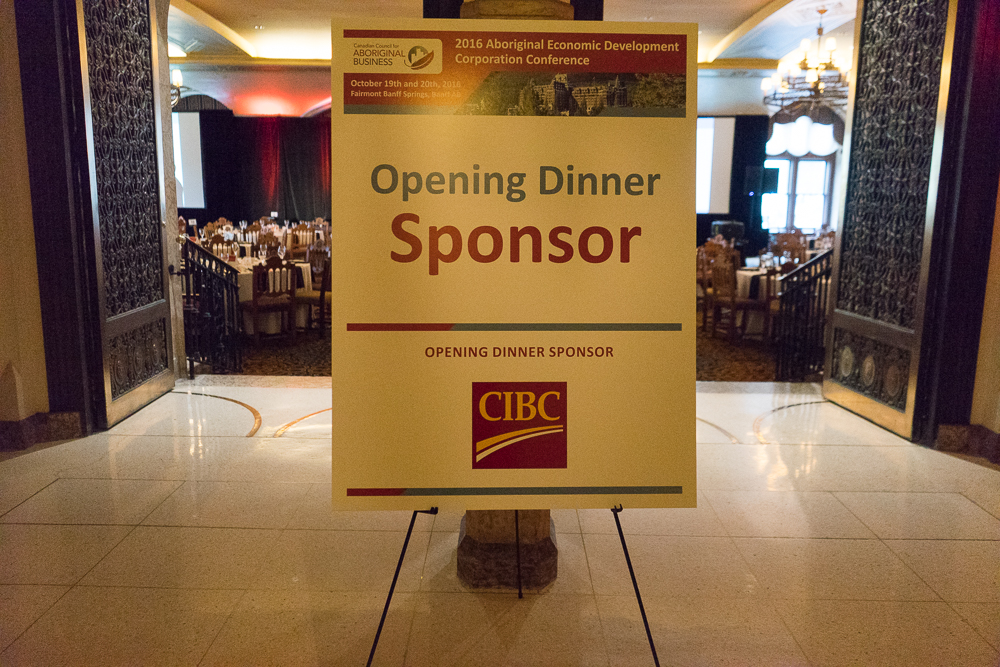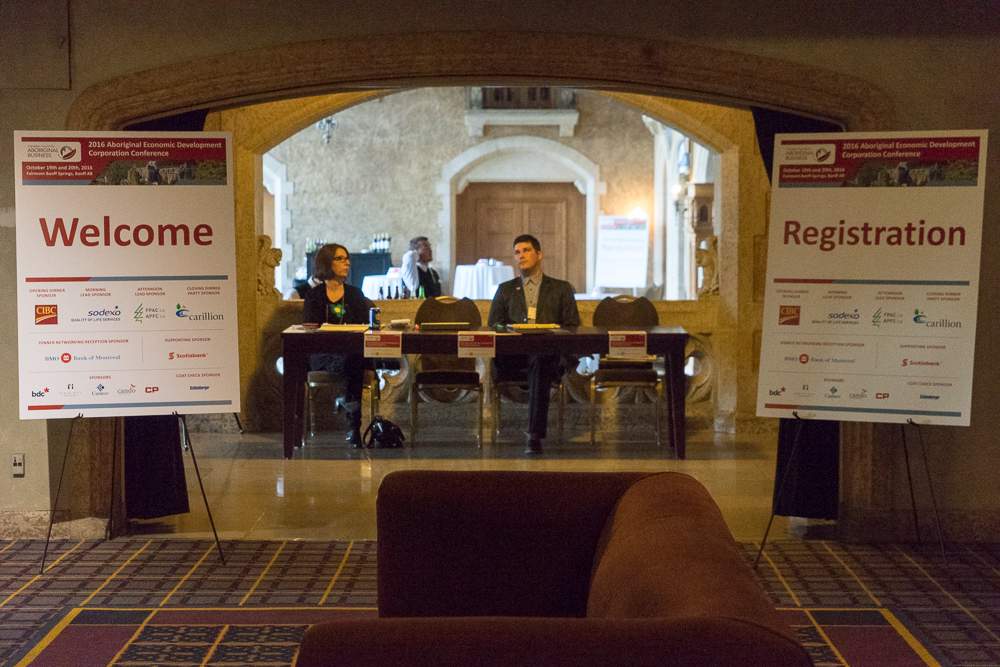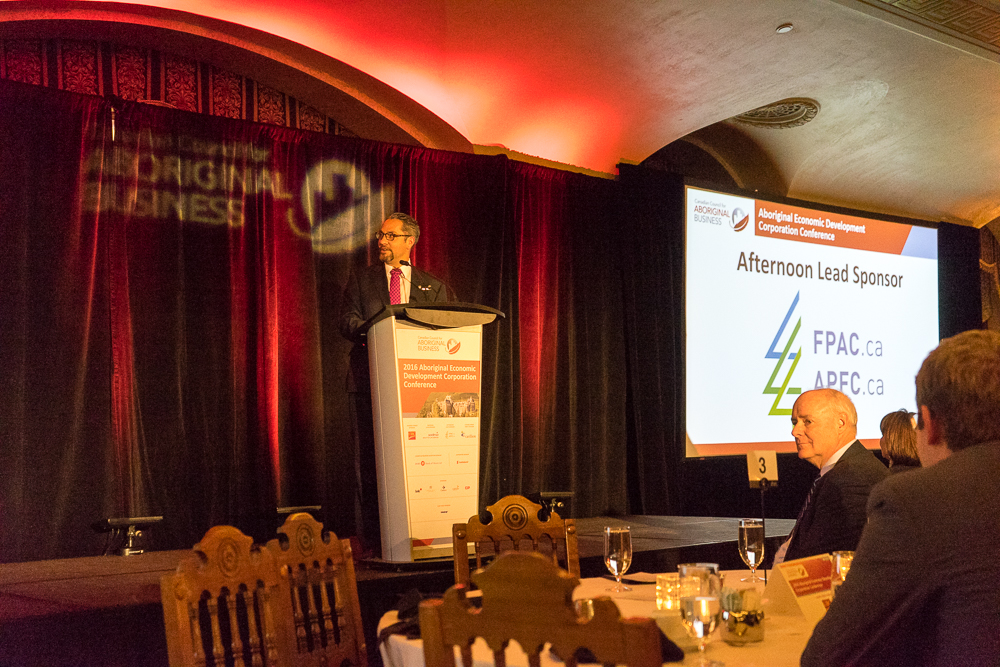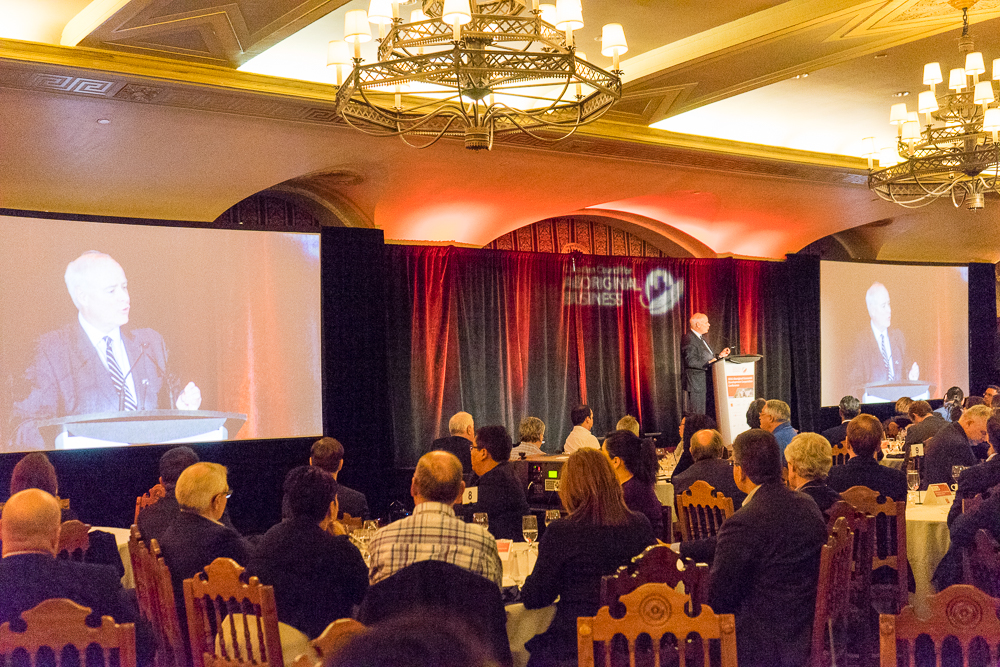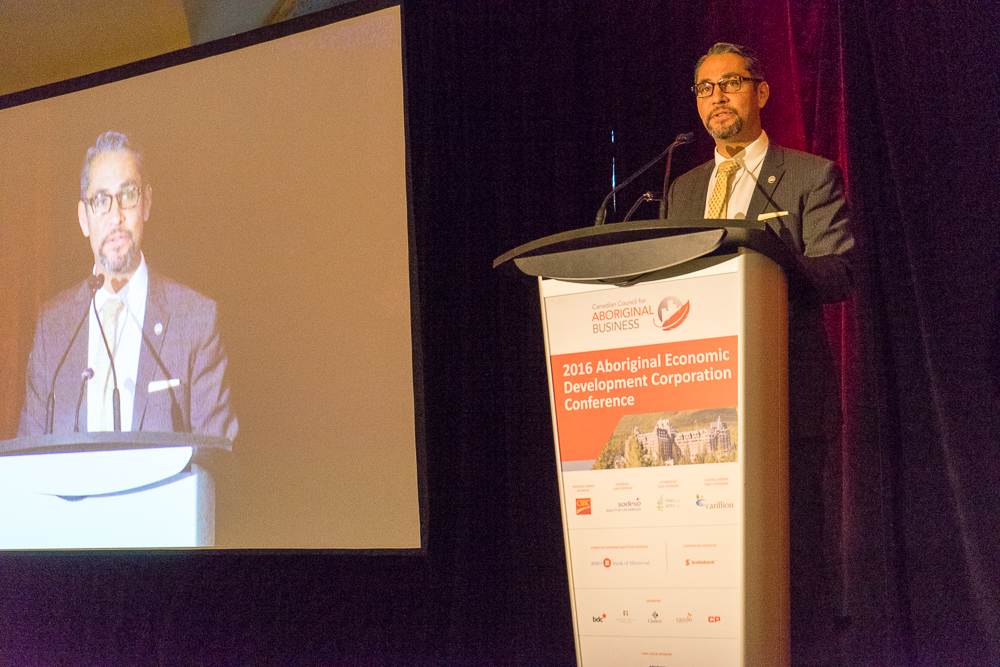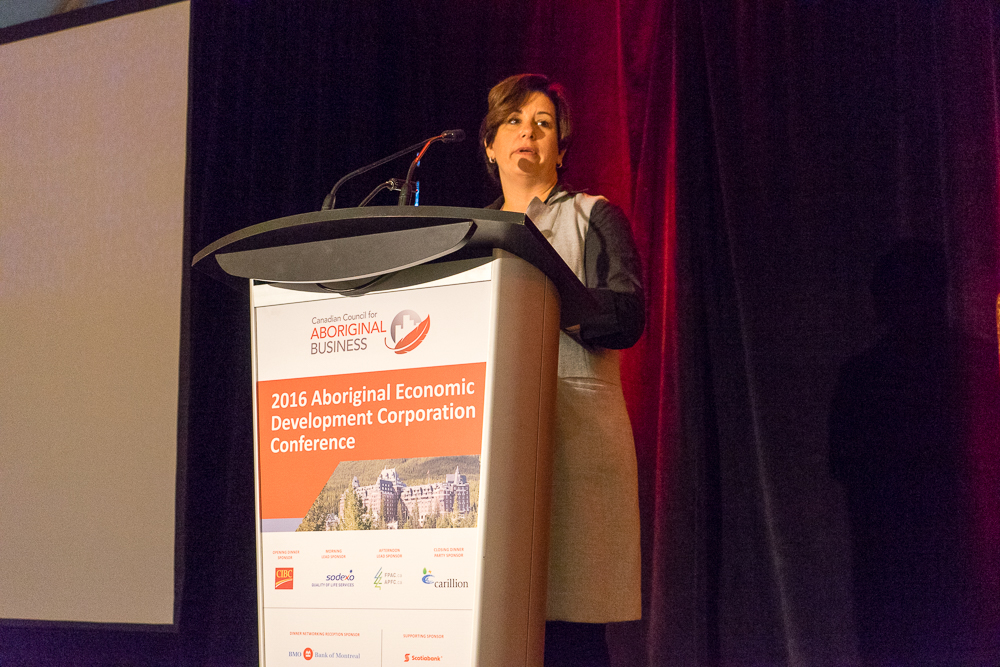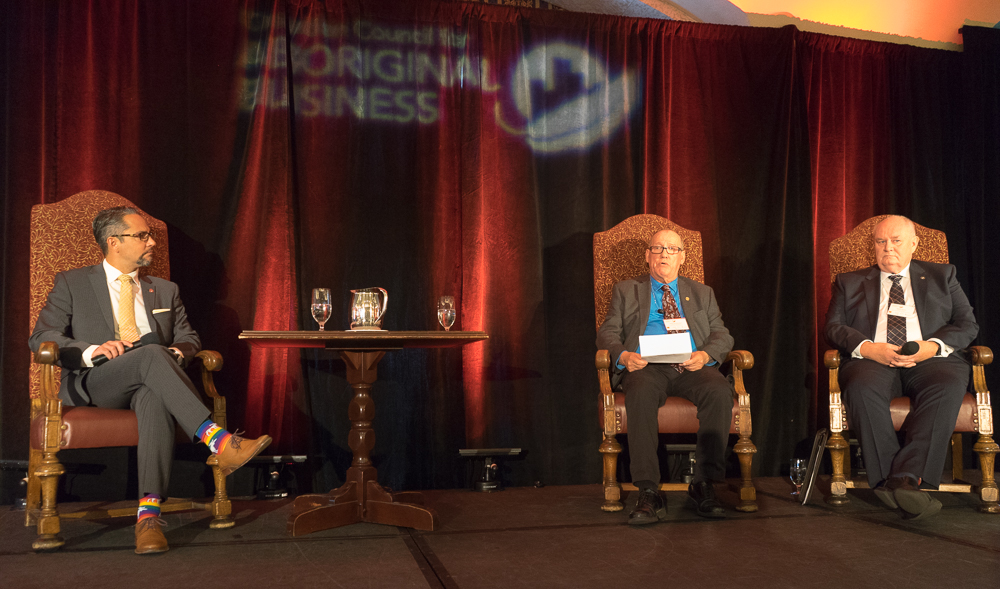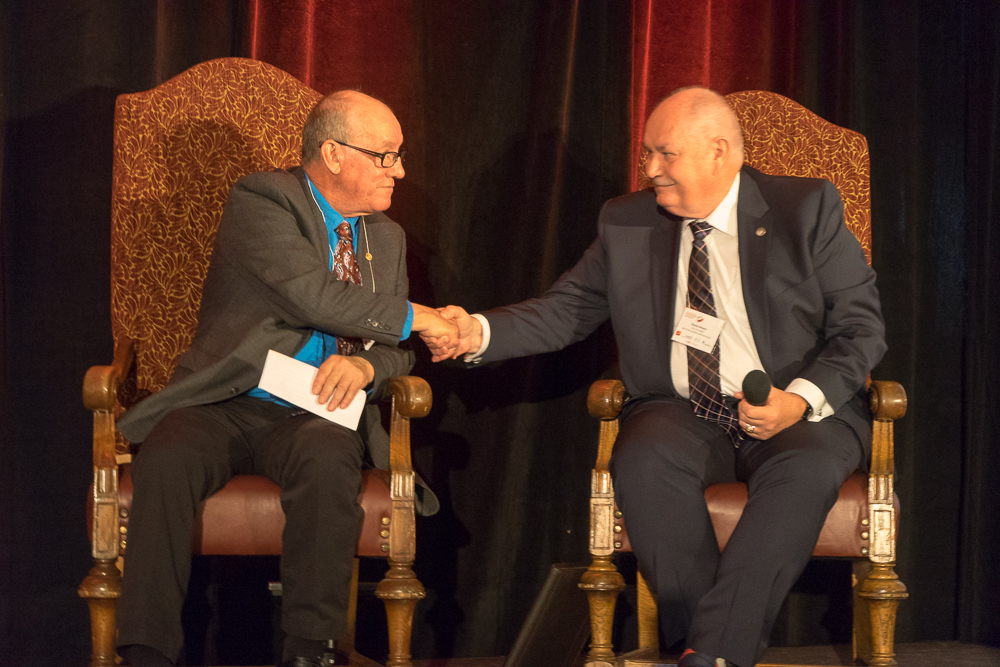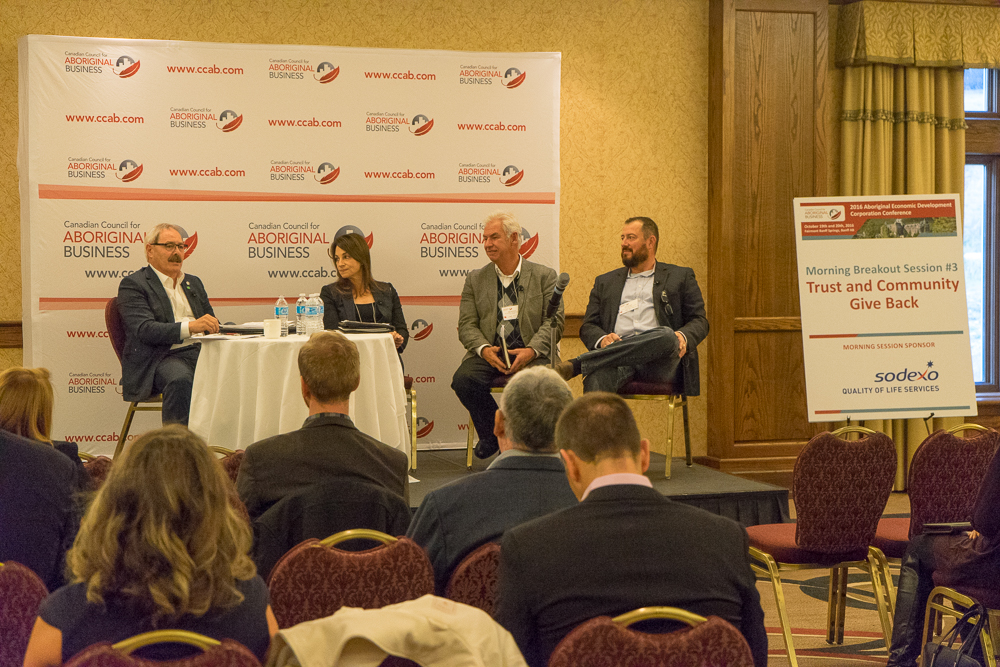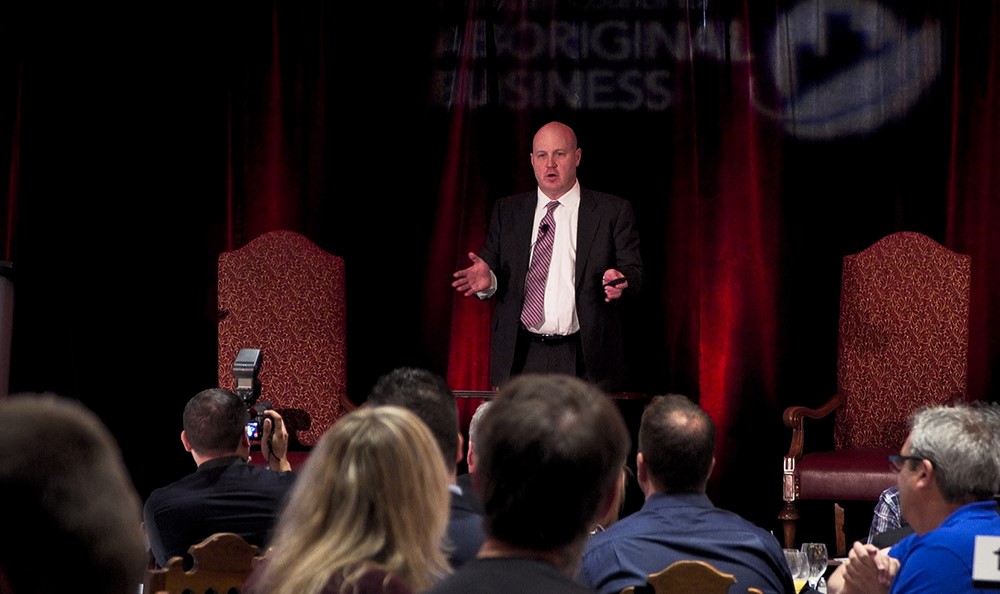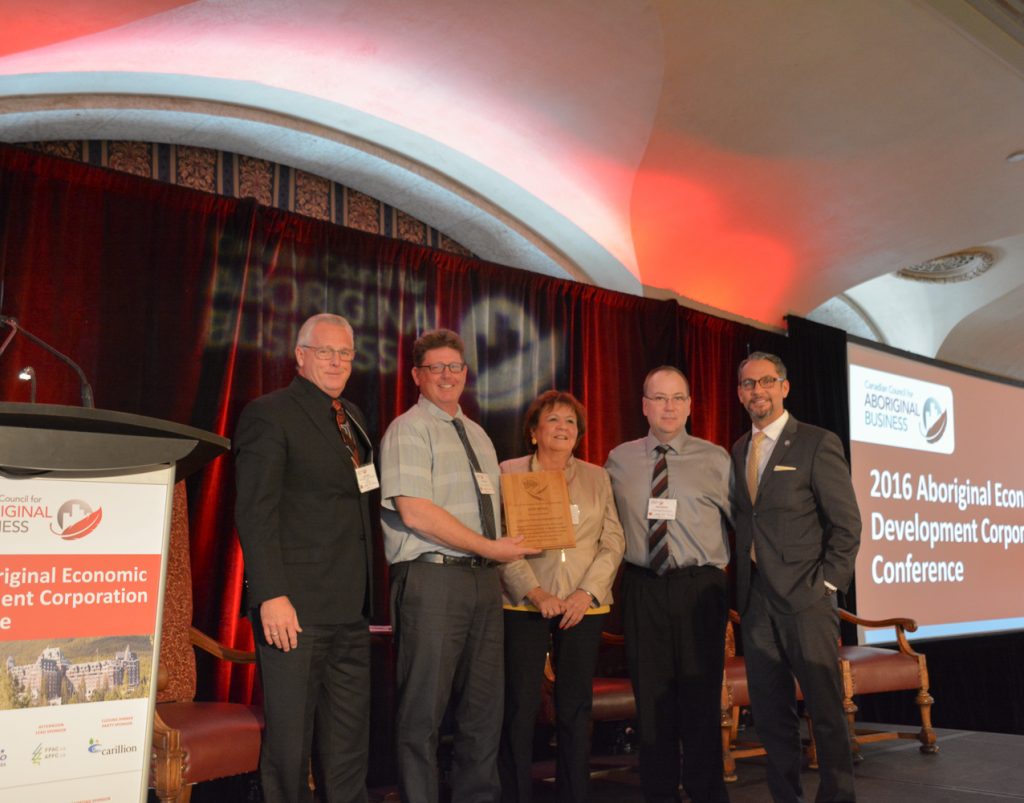
The CCAB will be hosting our second annual Aboriginal Economic Development Corporation Conference (AEDCC). This exciting event recognizes the contributions AEDC’s make to Aboriginal business, community prosperity, and to the Canadian economy. AEDCs are a growing force in Aboriginal commerce. The themes of this year’s conference will be financing and the importance of maintaining positive relationships between AEDCs and their communities. This event will offer networking and knowledge-sharing opportunities for businesses, AEDC executives, community leaders, government, and corporate Canada.
Join us and be part of the conversation!
Agenda
Wednesday October 19, 2016
| 5:30 pm Registration and Opening Cocktail Reception |
| 7:00 pm Opening Dinner and Keynote Presentation |
| Thursday October 20, 2016 |
|
| 8:00am Breakfast and Networking | 3:00pm Networking Break |
| 9:00am Opening Remarks | 3:25pm Afternoon Breakout Sessions |
| 9:15am Morning Keynote Presentation | 4:40pm Closing Panel Discussion |
| 9:45am Panel Discussion | 5:35pm Break |
| 10:30am Networking Break | 7:00pm Closing Dinner Party |
| 11:15am Morning Breakout Sessions | 7:30pm Opening Remarks |
| 12:30pm Lunch | 7:40pm Closing Keynote Presentation |
| 1:25pm Afternoon Keynote Presentation | 8:00pm Dinner |
| 2:15pm Panel Discussion |
Registration information
| Individual Tickets: |
Rate | Tax | Total |
| CCAB Aboriginal Business Members*: | $395 | $19.75 | $414.75 |
| CCAB Members: | $495 | $24.75 | $519.75 |
| Non-Members: | $595 | $29.75 | $624.75 |
| Student**: | $165 | $8.25 | $173.25 |
*Available only to CCAB Aboriginal Business Members – defined as Aboriginal Business owned and operated by 51% or more Aboriginal person(s). If you are unsure whether your company is registered as a member or not, please visit the CCAB Membership Directory for more information.
**Must provide copy of valid student ID
Opening Dinner Sponsor
Morning Session Lead Sponsor
Closing Dinner Party Sponsor
Dinner Networking Sponsor
Supporting Sponsor
Sponsor
Coat Check Sponsor
Breakout Session Information
Morning Breakout Sessions
1. Start-up Financing
AEDCs face unique challenges in trying to secure start up financing. Some new firms lack a solid credit history, generally operating on reserve, which complicates their access to capital. This initial weakness forces AEDCs, chief, and council to consider using community funds to increase start up equity in development projects. This panel will discuss strategies AEDCs can employ to secure start up financing as well as the risks associated with these choices.
2. Big Business Financing
Many AEDCs have grown into impressive and dynamic business organizations. These success stories none the less face obstacles when trying to gain access to major project financing, especially when doing business on reserves or are looking to take part in major equity projects. These hurdles are made more complex by regulatory and legal issues associated with the Indian Act. This panel will try to identify the main challenges and identify possibly solutions to these issues.
3. Trust and community give back
AEDCs are not simply businesses, they have a duty andmandate to improve the communities they represent. This can prove difficult for them to do directly, as they are set up as for profit businesses. To ensure that AEDCs give back to their communities in a meaningful way, they are to set-up trusts. It is important to set these trusts up early and be clear on how much will a community can expect to get from its AEDC. This conversation highlights the best practices and strategies that can be employed to effectively use trusts to achieve community goals.
Afternoon Breakout sessions
1. Building synergies with Aboriginal and non-Aboriginal government
The goals of AEDCs and non-Aboriginal governments are often similar; to promote prosperity and economic development in First Nations, Inuit and Metis communities. Government policy and programming in many cases has been a catalyst for AEDC business growth, examples like FITT programs Aboriginal set aside, or loan guarantee programs, can provide the support an AEDC needs to overcome the hurdles that come with businesses development on reserves or in remote areas.
2. Infrastructure
It is no secret that to many Aboriginal communities face a lack of even basic infrastructure, such as water, electricity and year round road access. What is given less attention is the impact this has restricting business growth, restricting access to customers, suppliers and partners, as well as creating tremendous additional hurdles business growth. The unprecedented Federal allocation for infrastructure represents an unprecedented opportunity to close the estimated short fall of roughly $40-60 shortfall for infrastructure on reserve. Creating an opportunity to align industry, First Nations and government goals. This infrastructure development would also unlock economic growth in communities across Canada and help Aboriginal businesses support positive socio-economic outcomes and work with non-Aboriginal companies to drive growth across the country.
3. Indigenous Procurement throughout the entire supply chain.
The Mining Shared Value (MSV) venture of Engineers Without Borders Canada has joined forces with the Canadian Council of Aboriginal Business (CCAB) to conduct a national research project looking at the economic and social impacts of procurement for Aboriginal suppliers in the Canadian mining industry. Through field visits and interviews with over seventy key informants across industry and private Aboriginal business, this research aimed to further develop the business case for procuring from Aboriginal suppliers, as well as identify the best and evolving practices for further Aboriginal engagement in one of Canada’s largest industries. Our research has documented practical examples of the successes and challenges which companies, Aboriginal Economic Development Corporations (AEDCs) and private Aboriginal businesses encounter in the field. We will be presenting the results from this research with the goal of supporting corporate practices and guidelines and informing relevant stakeholders about developments in Aboriginal procurement.

